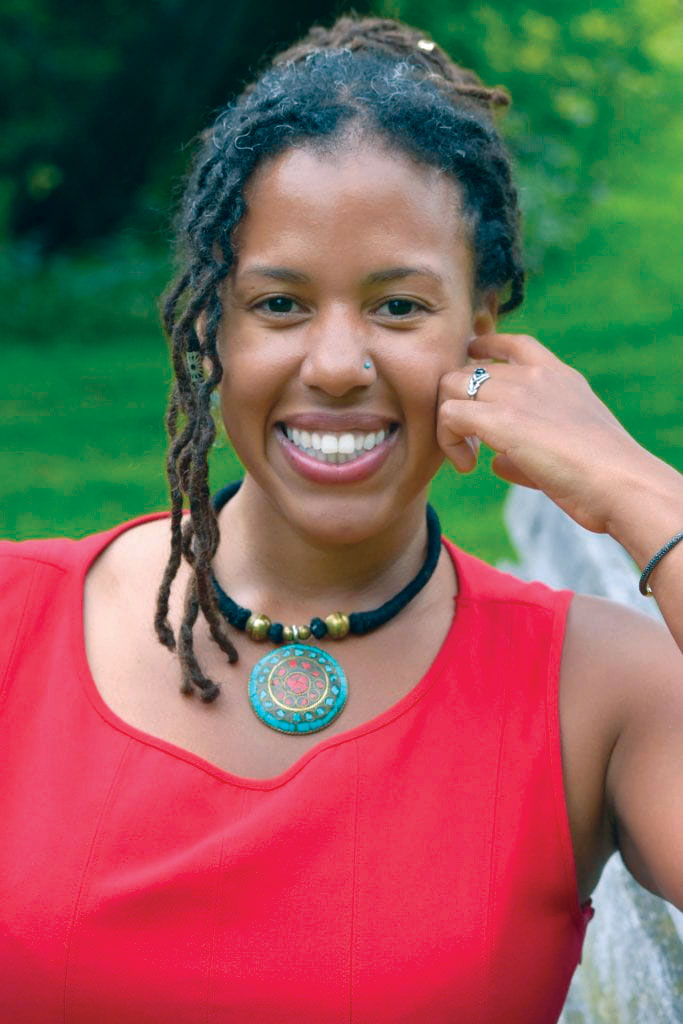Maya Angela Smith reflects on the power of language and stories
Maya Angela Smith, the College of Arts & Science's inaugural associate dean for equity, justice and inclusion, reflects on the power of language.

Maya Angela Smith is the Associate Dean for Equity, Justice & Inclusion at the College of Arts & Sciences.
Welcome to the spring 2024 issue of Viewpoint. As long as I can remember, I have been fascinated by the power of language. I was the shy kid who never spoke up in class, the weird kid pulled out of class to attend speech therapy, the lone Black kid afraid to open my mouth because my words could be attributed to a whole race. In my silence, I often yearned to find my voice, to share it with others and to learn what others had to say to me. It’s why I studied linguistics, why I choose to center interviews in my research practice and why I thoroughly enjoy exploring language in close textual readings. I have a voice now because of the liberal arts education I had access to, and as associate dean for Equity, Justice, and Inclusion in the College of Arts and Sciences (CAS), one of my main goals is to best support faculty and staff as they work with students to find their own voices.
This issue of Viewpoint really emphasizes the power of language. Shawn Wong’s reflection on “Aiiieeeee,” in which he and others transformed a stereotype meant to demean into a seminal anthology of East Asian American literature, demonstrates how language allows us to rewrite our stories. Colleen McElroy, the first Black woman promoted to full professor at the UW, proved through her prolific lyricism that language has no bounds. Now an ancestor, McElroy—through her words—continues to guide students as they learn to articulate who they are. Tiana Cole and Brad Blackburn’s podcast, “Identity Unboxed,” amplifies Black voices, conveying lived experiences that have so much to teach us. All of these people have ties to CAS, which I view as the core teaching, learning and community hub at UW—the place where nearly 90% of all UW students will take at least one class. The equity-minded work highlighted in this Viewpoint issue showcases the CAS values of creating a supportive, inclusive and just environment across our classrooms, labs and arts spaces. These stories help model to students how to take ownership of their own voices, setting us up for the next generation of writers, orators, poets, polyglots, storytellers and change-makers.